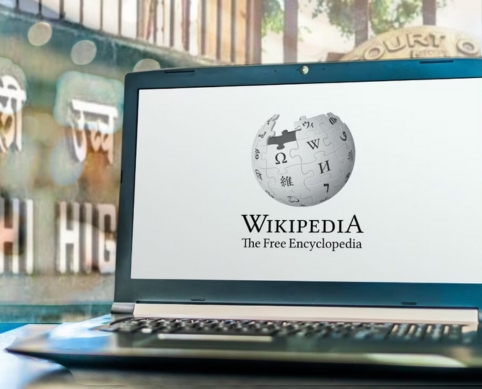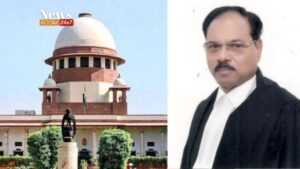Wikipedia announces it will maintain its connection in India, following a warning of a potential ban from the Delhi High Court

Following the Delhi High Court’s reported criticism of Wikipedia and its threat of a potential ban in India, the Wikimedia Foundation, which oversees Wikipedia, has clarified its stance. Wikipedia has issued a statement affirming its commitment to India and outlining its efforts to avoid the possibility of a ban.
The firm stated, “We remain committed to ensuring that the people of India continue to have the right to share and access free and reliable knowledge in an open and safe online environment.”
The statement follows a Delhi High Court bench’s reported threat of a ban against Wikipedia in India. The bench was reviewing a case brought by a news agency, which claimed that its Wikipedia page was inaccurate and defamatory.
Wikipedia has contended that its content is created and managed by volunteers, who edit and approve pages based on information from publicly accessible sources.
The Delhi High Court bench warned Wikipedia that failure to cooperate with the court could lead it to request action from the Indian government. This could potentially include a ban on Wikipedia in India, the bench noted.
The Wikimedia Foundation, which oversees the day-to-day operations of Wikipedia, has stated that, despite its noble intentions, the lawsuit against it took an unnecessary turn. The petitioners were notified by the Wikimedia Foundation that the firm would be seeking advice from the court before the September 5 hearing. We had notified the petitioners, in good faith, before the September 5 hearing that we would request the necessary instructions from the Honorable Court. In a statement, the business stated, “It is unexpected that the petitioners decided to start contempt proceedings before the Foundation had a chance to properly evaluate the Hon.
Wikipedia states that articles based on publicly available sources, including the one that started the current defamation lawsuit, are used. It states that its articles cannot contain original research or personal viewpoints. As per the editorial principles and guidelines of Wikipedia, volunteers gather and disseminate information about noteworthy topics by citing credible sources like newspaper articles and peer-reviewed journals. Wikipedia only accepts encyclopaedic content. Original research, viewpoints, or firsthand experiences are not allowed,” the business states.
The court case against Wikipedia is crucial, as its outcome could have widespread implications. Wikipedia has frequently encountered criticism from governments, politicians, organizations, celebrities, and other prominent figures regarding the content on its pages. Since Wikipedia’s content is generated by volunteers—who base their contributions on publicly available sources they consider reliable—this has often created challenges for the Wikimedia Foundation.
In response to the case, Mishi Chaudhry, founder of the digital rights group SFLC and a lawyer, tweeted on September 5: “This case is problematic with observations that don’t understand how Wikipedia operates. Wikipedia is a non-profit, not a business. Requiring details of the volunteer community that supports this valuable resource for a defamation suit could set a troubling precedent. Bad precedent.”









